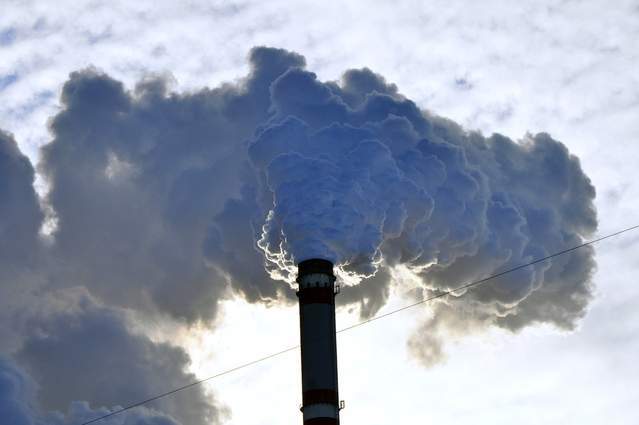
The proposed Integrated Resource Plan (IRP), which aims to use zero coal while ensuring affordable and reliable energy for Michigan, has been submitted by the company to the Michigan Public Service Commission (MPSC).
Consumers Energy said: “The IRP details how the company will meet the state’s energy needs with increased use of energy efficiency and other customer demand management programs and significantly more renewable energy.”
As per the plan, the company aims to increase its renewable energy generation from current 11% to 37% by 2030, and 43% by 2040.
The company also intends to reduce CO2 emissions 80% while eliminating the use of coal to generate electricity by 2040.
As part of this effort, the firm plans to retire two aging, coal-fired units at the Karn Generating Complex near Bay City in 2023.
Consumers Energy and CMS Energy president and CEO Patti Poppe said: “Our vision considers people, the planet and the prosperity of our state and the communities we serve. This IRP will help guide key decisions in the coming years to make us a cleaner, leaner company for the Great Lakes State.
“This is a pivotal moment in our company’s long, proud history — and this plan charts a course for us all to embrace the opportunities and meet the challenges of a new era.”
In order to meet its proposed goals, Consumers Energy plans to add 5,000MW of solar energy throughout the 2020s, in addition to wind and battery storage.
The proposed strategy also includes increased use of energy efficiency and customer demand management programs.
Consumers Energy expects the use of demand response, energy efficiency, and grid modernization tools will help customers save money on their energy bills and reduce energy demand by 22% by 2040.


